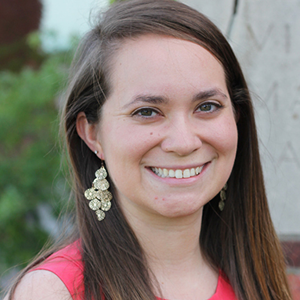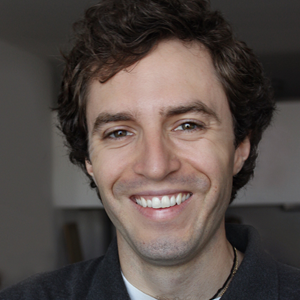Graduate Certificates
Six focused courses (18 credits). Available in-person or 100% remote.
Focused for Your Goals
All Graduate Certificates through Gordon-Conwell are six courses (18 credit hours). Each Graduate Certificates is focused and modular, providing you a simplified path to specific areas of study. Certificate courses can also be applied toward a master’s degree.
Explore our Programs

Christian Studies
Provides a foundational framework for Christian thought and ministry.
Full-Time: 2 Semesters
Part-Time: 1-2 Years
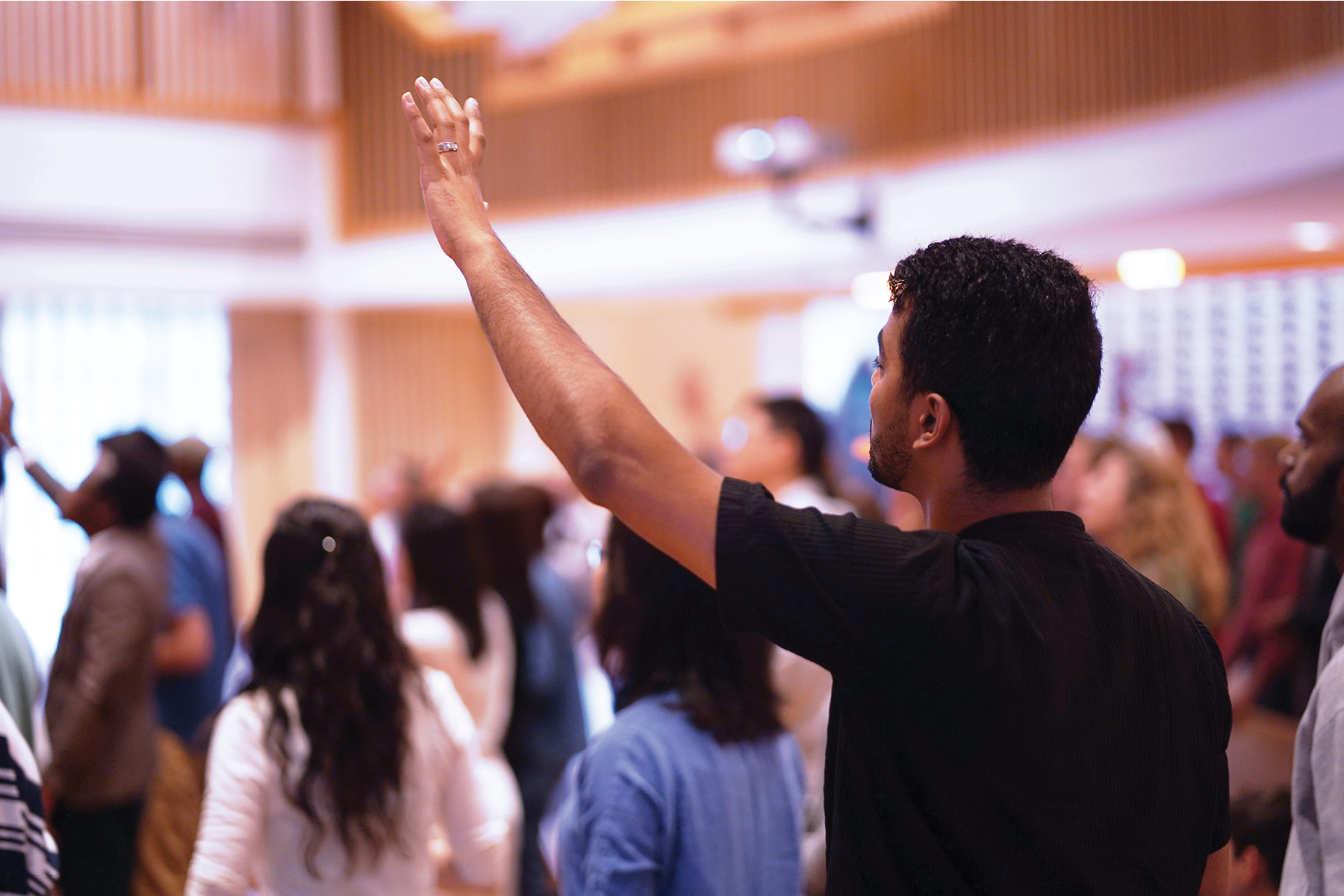
Spiritual Formation
Provides a foundational framework for personal and community formation.
Full-Time: 2 Semesters
Part-Time: 1-2 Years

Urban Ministry
Equips Christians to lead ministries that impact urban communities.
Full-Time: 2 Semesters
Part-Time: 1-2 Years
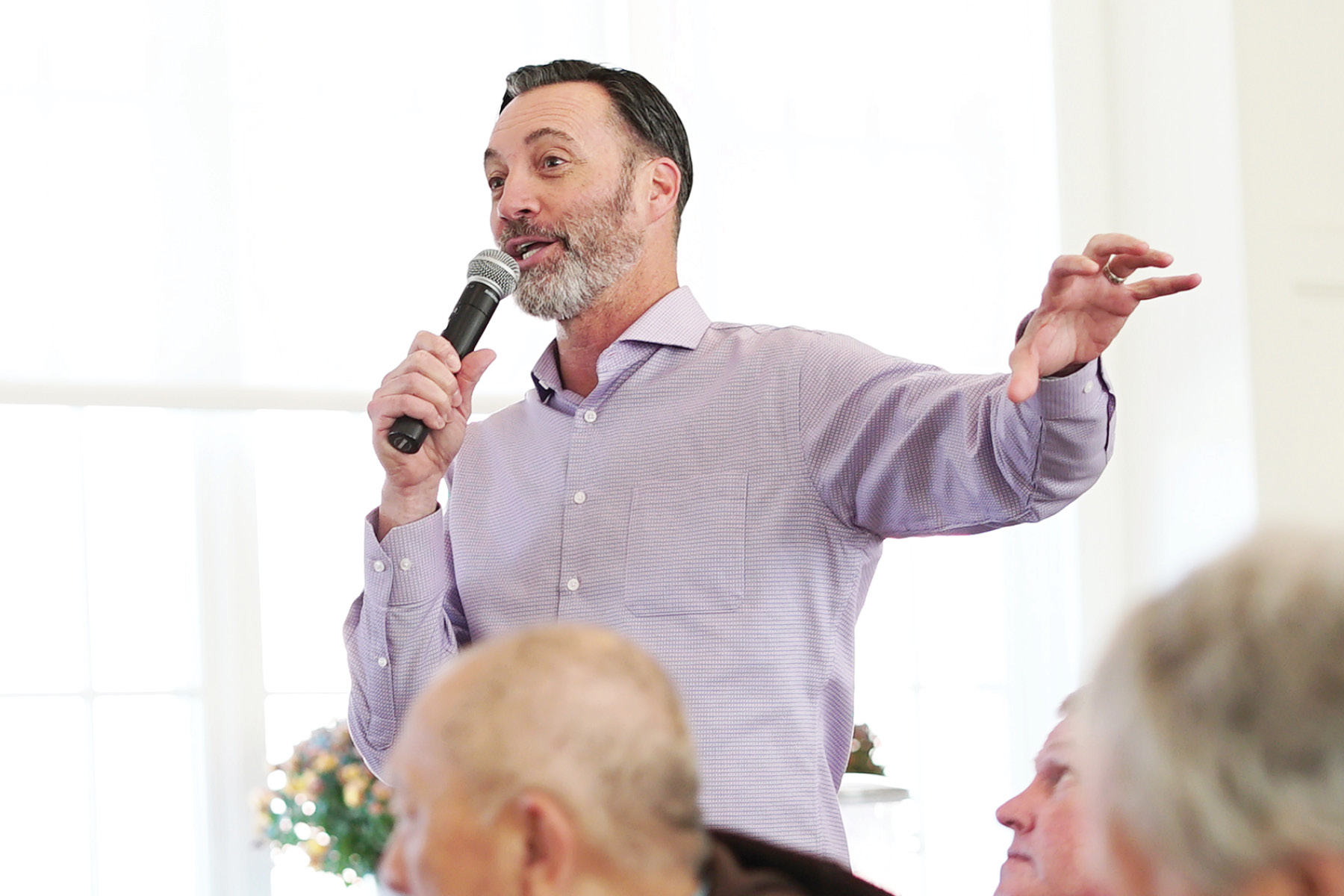
Workplace Theology
Equips Christians for faithful leadership in the marketplace.
Full-Time: 2 Semesters
Part-Time: 1-2 Years
Specialty Certificates
Individual campuses and communities offer additional “Specialty” Certificates tailored to local needs and faculty expertise.
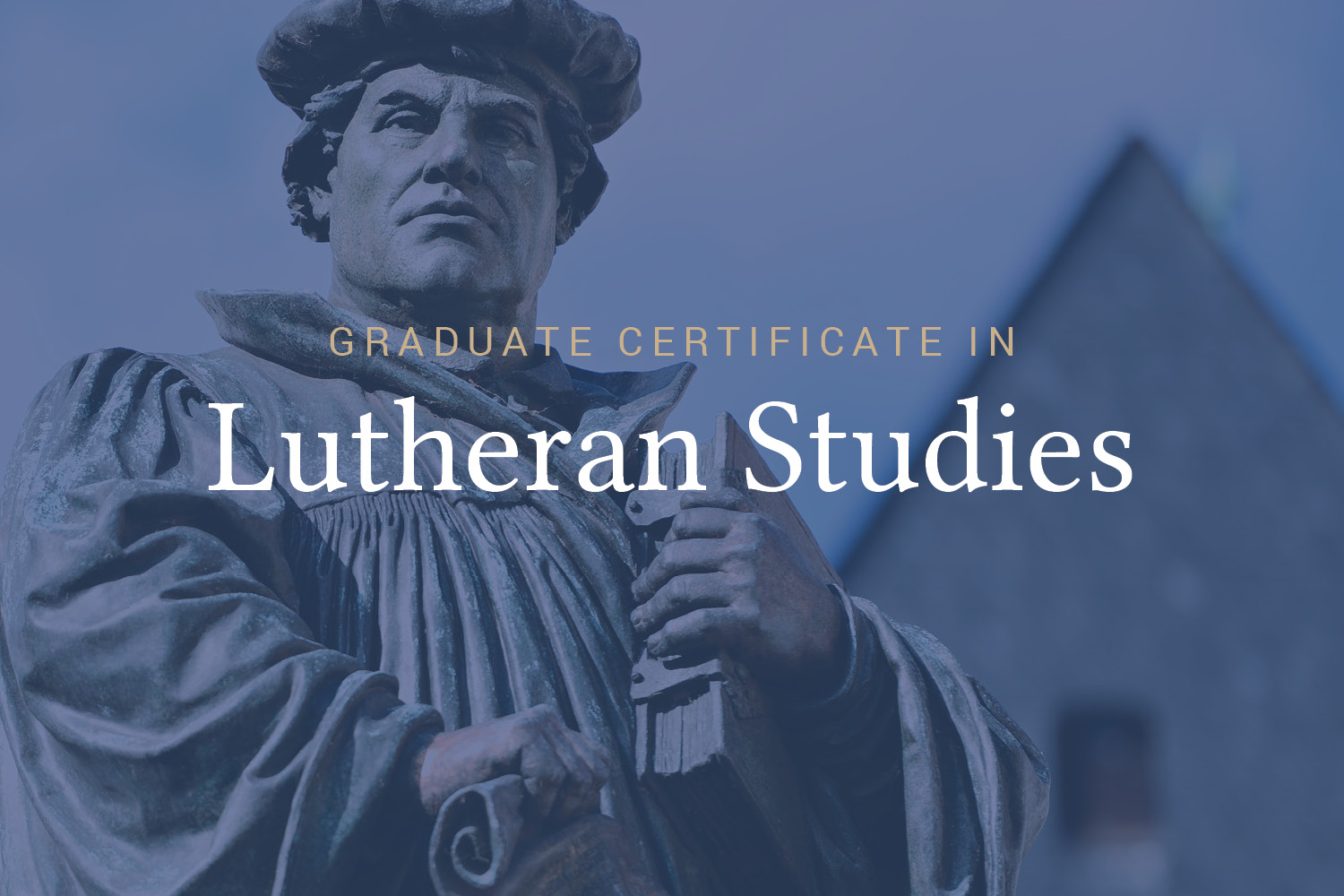
Lutheran Studies
The Graduate Certificate in Lutheran Studies through our Charlotte campus delves into the history, theology and culture of the Lutheran tradition.
Further Study
Our Graduate Certificates are intentionally modular, allowing you to stack certificates together to build towards (or even complete) a master’s degree.
*The MACM is a “professional degree,” which primarily means it is weighted toward developing practical ministry skills. As such, six of the concentration electives in the MACM should be drawn from practical theology or counseling courses. Currently, the Certificate in Spiritual Formation fits ideally in this scenario.
In the same way, certificates can be applied toward the MATS (60 credits) or the MDiv (90 credits). Graduate certificates allow you to start small and work toward a full MA.
TUITION RATES
Visit our tuition page for information on tuition rates and financial aid.
* All students can expect to receive some form of financial assistance. Most students qualify for the scholarship listed here. Reach out to our admissions team (using the form below) to see if you qualify for this or any other scholarships or financial assistance. Unfortunately, our Graduate Certificates are not eligible for federal aid.
Requirements
Academic Requirements
Required Degree: Bachelor’s*
Minimum GPA: 2.5
*Don’t Have a Bachelor’s Degree? You Have Options!
Application Requirements
A Completed Online Application Includes:
- Application Form
- Application Fee
- One Uploaded Essay
- A one-page abridged personal statement, including 1–3 paragraphs explaining your vocational goals and how you hope to apply this graduate certificate towards those goals.
Learn More »
- A one-page abridged personal statement, including 1–3 paragraphs explaining your vocational goals and how you hope to apply this graduate certificate towards those goals.
- One Recommendation
- Pastor, Church Official, Ministry Director, Former Professor, or Professional Colleague;
Learn More »
- Pastor, Church Official, Ministry Director, Former Professor, or Professional Colleague;
- Official Transcripts
- The seminary requires a bachelor’s degree from an institution accredited by a recognized accrediting agency. Official transcripts must be sent directly to Gordon-Conwell, or hand-delivered in a sealed envelope. Copies and opened transcripts are not considered official.
Learn More »
- The seminary requires a bachelor’s degree from an institution accredited by a recognized accrediting agency. Official transcripts must be sent directly to Gordon-Conwell, or hand-delivered in a sealed envelope. Copies and opened transcripts are not considered official.
MORE INFORMATION FOR INTERNATIONAL STUDENTS
English Language Requirements
Gordon-Conwell requires a TOEFL score of 90 or better (IBT) for International Students. We also accept IELTS scores of 6.5 or higher, or a Duolingo score of 110. Students who have completed an undergraduate degree through an English-language university may request a TOEFL waiver.
Visa(s) and Financial Aid Information
Please note that, unfortunately, our Graduate Certificate programs are not eligible for F-1 visas or federal financal aid.
